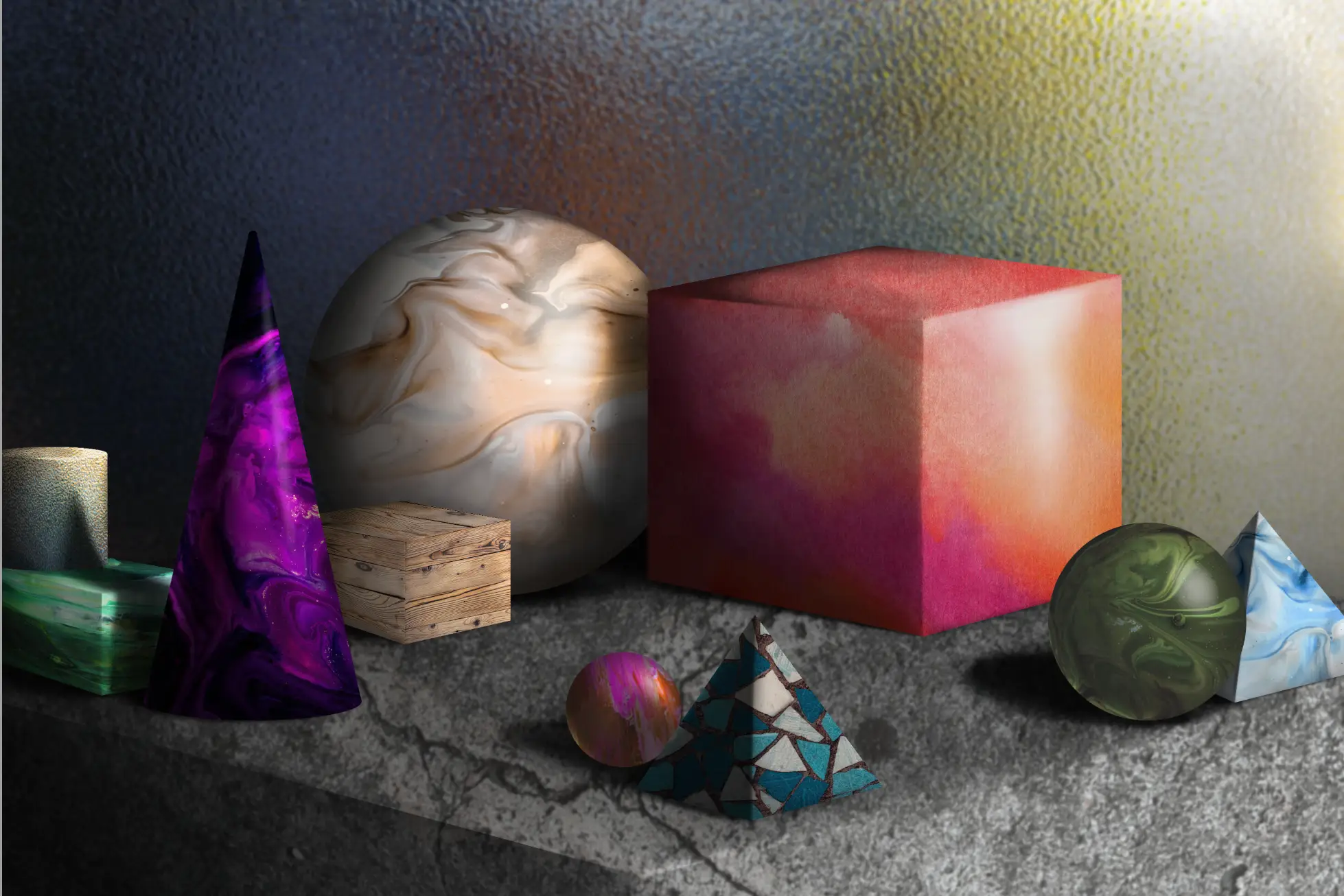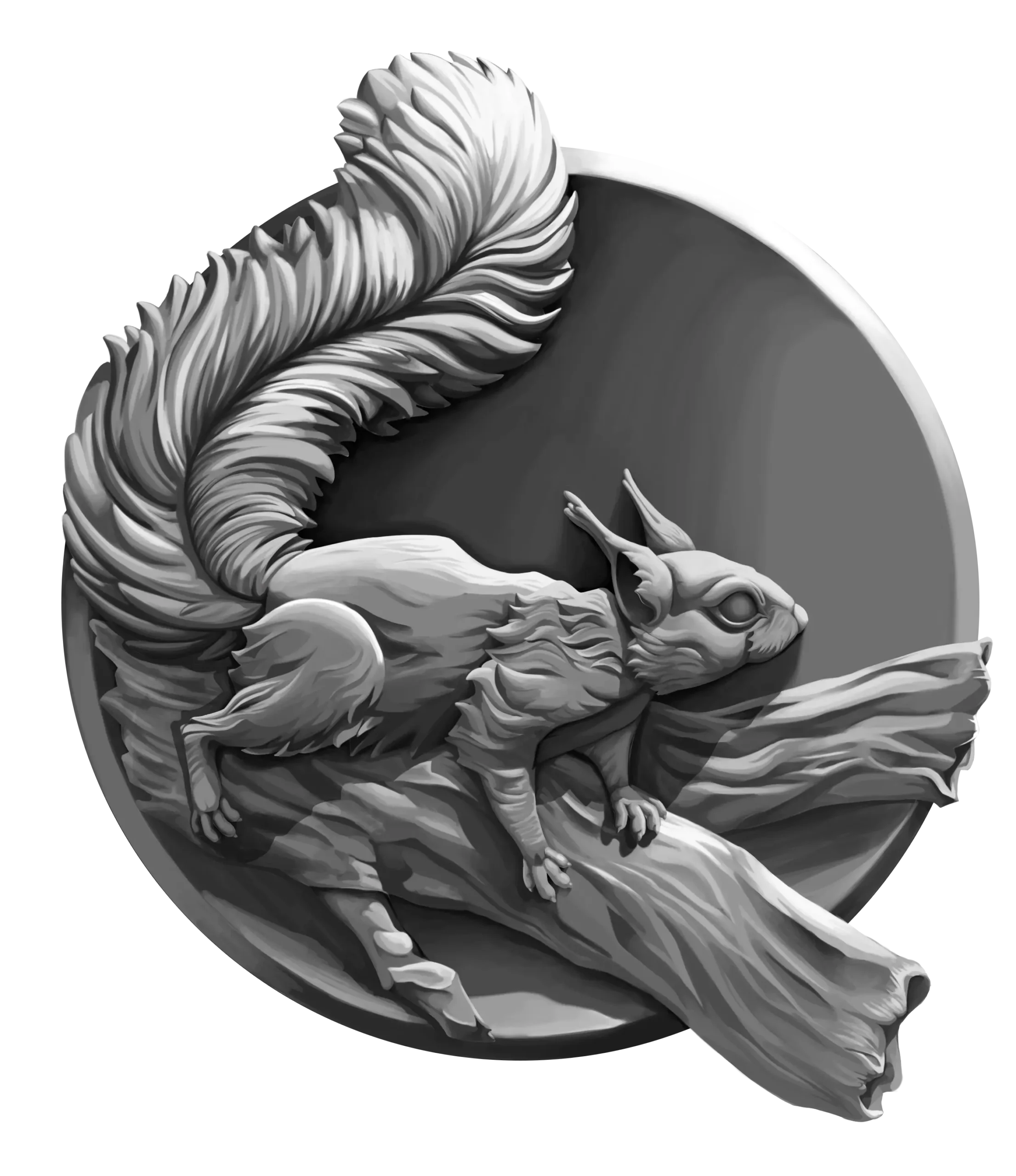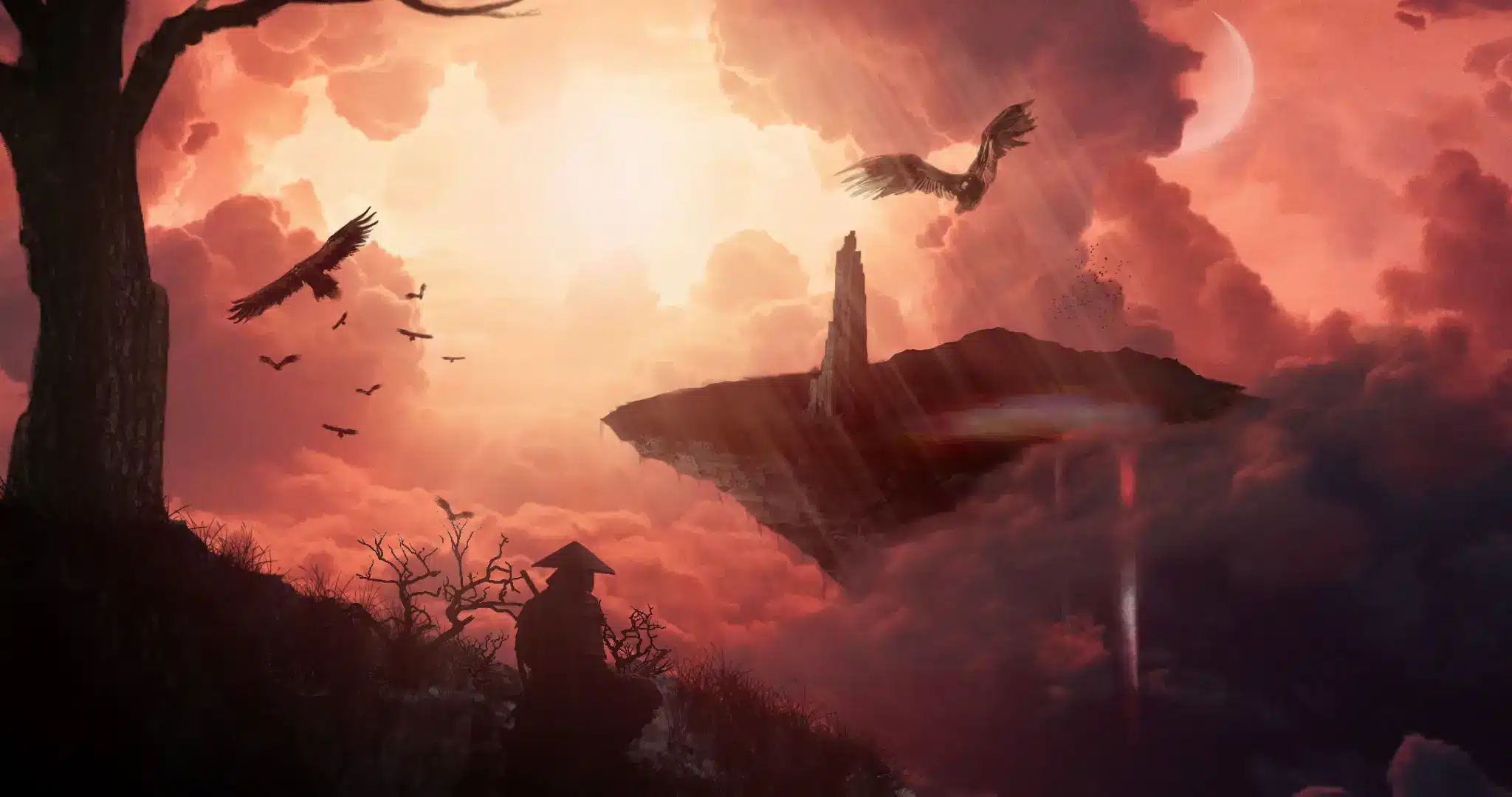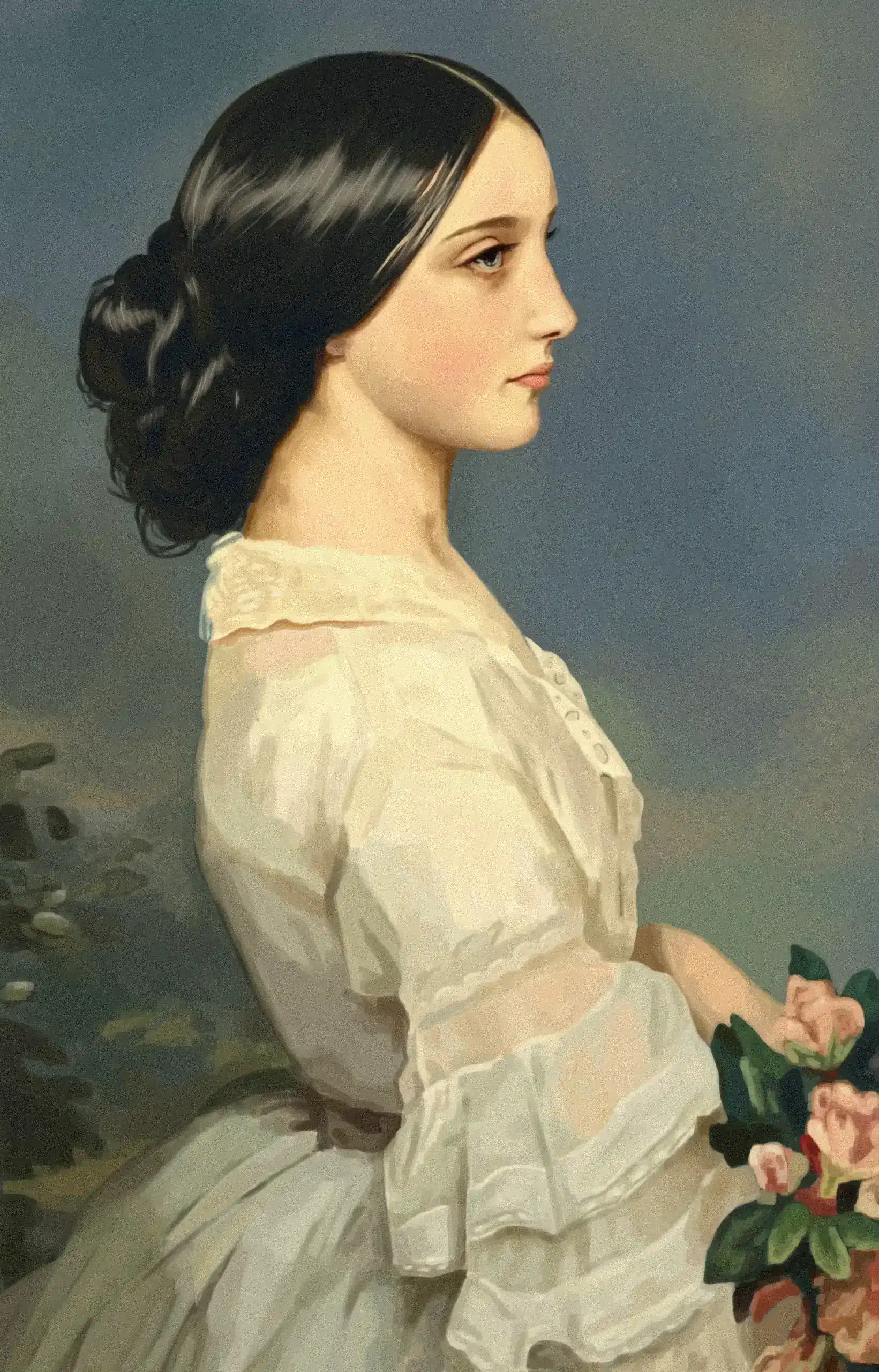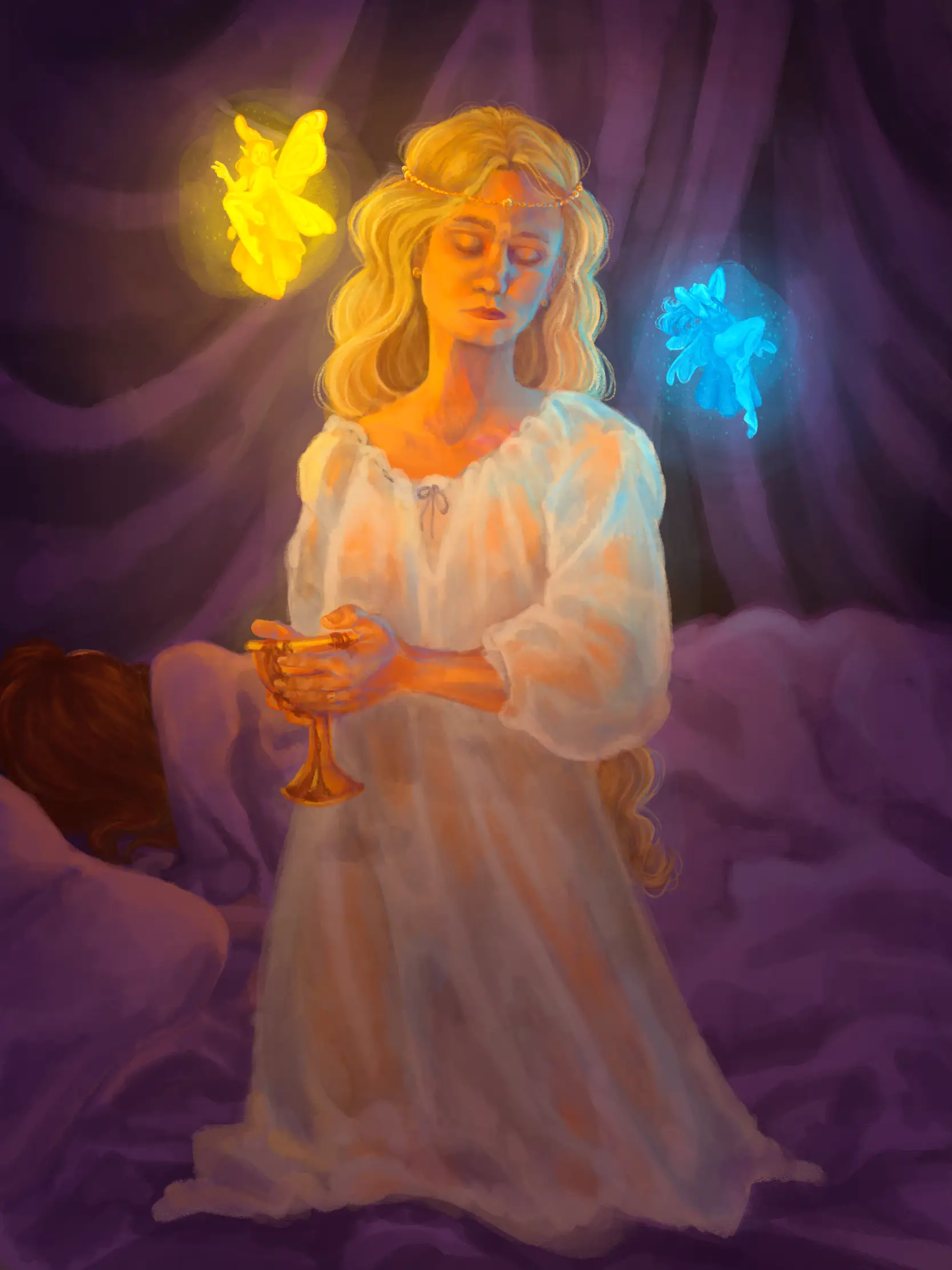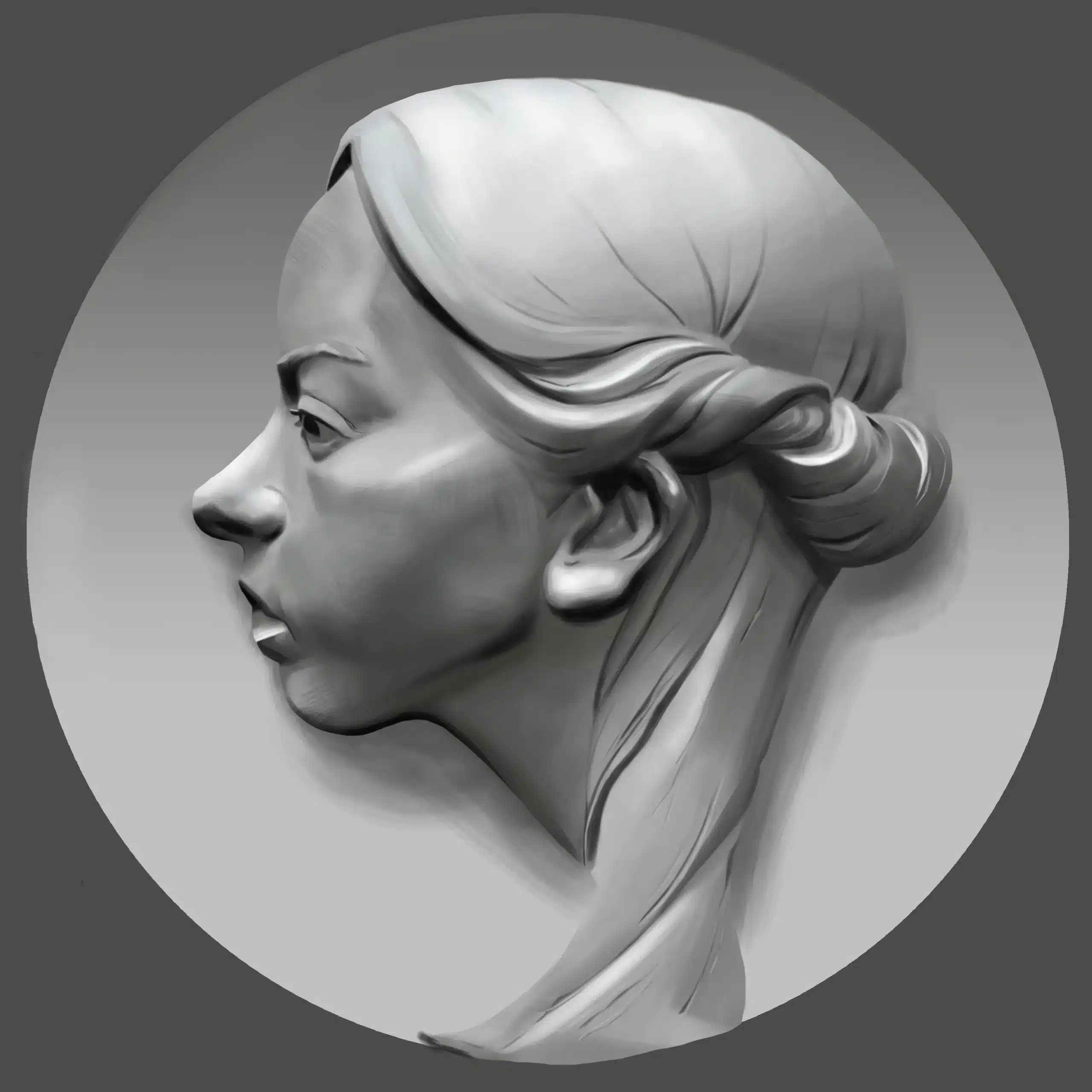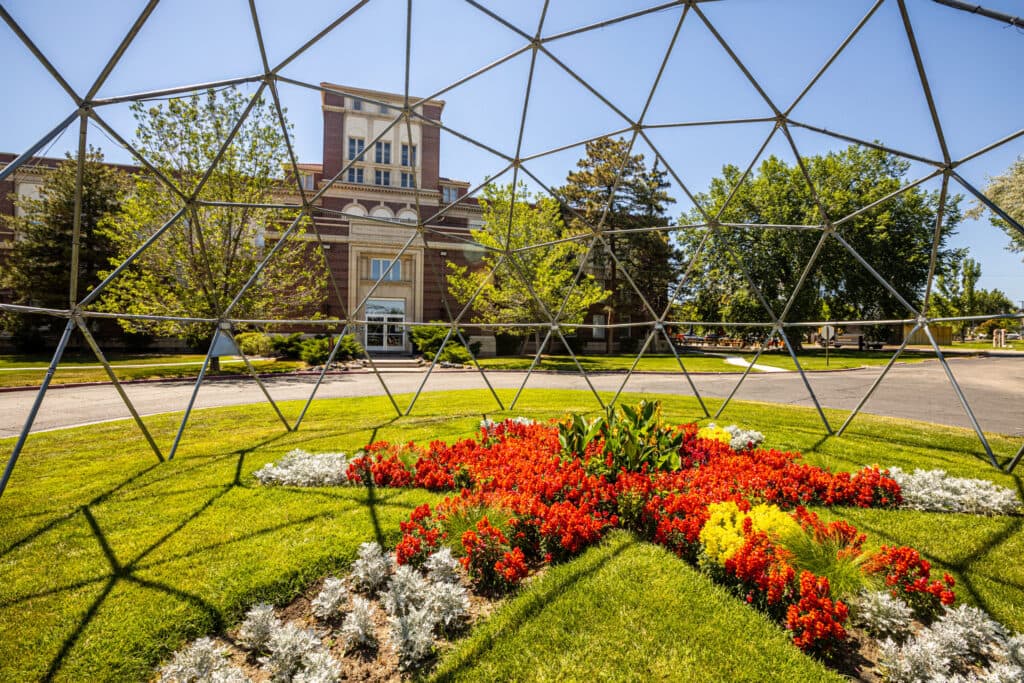ANIMATION DEGREE
BACHELOR OF FINE ARTS IN 2D ANIMATION
BACHELOR OF FINE ARTS IN 3D ANIMATION
"*" indicates required fields
Animation Degree PROGRAM OVERVIEW
As an Animation degree program student, you’ll explore the field of animation through the production pipeline levels. You’ll hone your skills as an animator with hands-on training in visual storytelling and motion study courses that prepare you for the real world of professional animation production. Animation degree program classes are small so students can experience the kind of individual attention and support that allows them to blossom as an artist.
Plus, you’ll have a number of other advantages as you elevate your technical skill and artistry, including:
- Your choice of customizable program as a 2D or 3D animation track
- Robust professional portfolio reviews at the Sophomore, Junior and Senior levels
- Awareness of the latest industry trends in animation development
- Access to industry standard tools and technology used in today’s animation field
- Hands-on experience with the animation production process
- Learn from faculty with direct and extensive experience in the animation industry
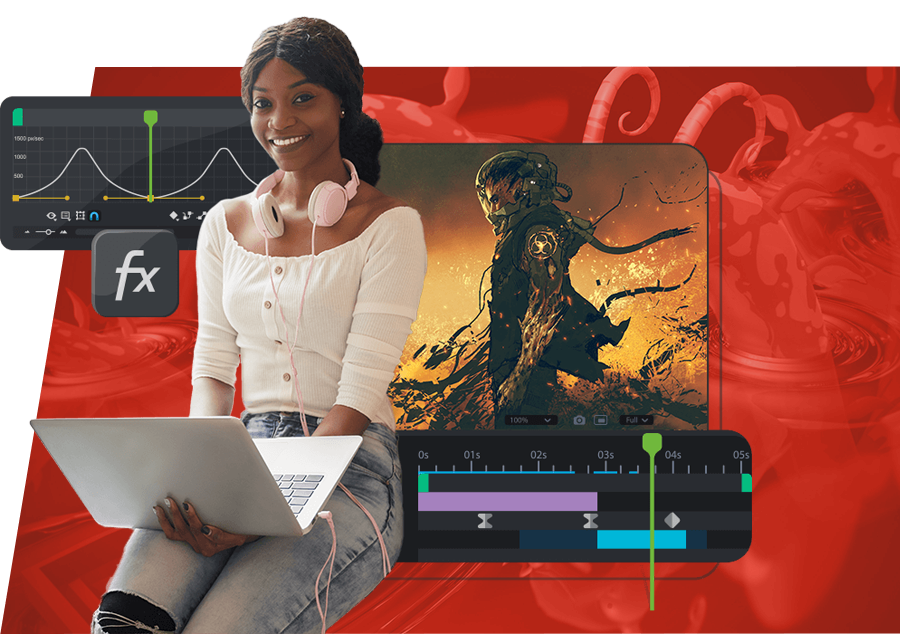
ANIMATION DEGREE PROGRAM HIGHLIGHTS

Motion Studies

Character Design + Turnarounds

Timing + Rhythm

Visual Storytelling

12 Principles of Animation

Storyboarding + Animatics

Observational Drawing + Anatomy

Line of Action

Layout + Production

Drawing + Acting for Animation
STEPS TO ADMISSION

1
Complete your artist meeting with an admissions counselor.

2
Submit an admissions application.

3
Create and submit your portfolio to be considered for a scholarship.

4
Submit official high school and college transcripts (for transfer students).

5
Submit the current year’s FAFSA and other financial aid documentation.
ACCREDITATION


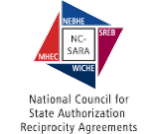
TUITION + FINANCIAL AID
At RMCAD, we understand that investing in a college education is a major decision and a major investment. That’s why we offer competitive, affordable tuition when compared to other art and design colleges. Students’ tuition rates are locked in at the time of their initial start date and will not increase as long as they remain enrolled in their program.
AnIMATION DEGREE COURSE DETAILS
Our animation degree program with an emphasis in 2D Animation or 3D Animation is focused on helping students develop their unique, artistic voice. You’ll learn essential 2D or 3D animation techniques and tools while you collaborate with talented artists from all walks of life.
RMCAD offers classes year-round in both on-campus and online delivery formats. At RMCAD, we believe that online learning is an important part of the overall college learning experience. To provide students multiple scheduling options, diverse learning modalities, and experience in the virtual environment, all on-campus students are required to take part in some online education.
*This section does not include the full list of courses for this program.
Animation Courses (21 Credits for 2D, 18 Credits for 3D)*
Digital Painting for Film + Games
(3 Credits)
AG 1110
Introduction to Animated Storytelling
(3 Credits)
AN 2310
Creative Visualization
(3 Credits)
AN 3760
Tools + Techniques of Contemporary Animation
(3 Credits)
2D Animation Track (24 Credits)*
AN2D 1390
Drawing + Acting for Animation
(3 Credits)
AN2D 3230
Character Animation + Motion Studies
(3 Credits)
AN2D 3360
Animation Layout + Production
(3 Credits)
AN2D 3520
2D Computer Animation I
(3 Credits)
3D Animation Track (27 Credits)*
AN3D 1210
3D Computer Fundamentals
(3 Credits)
AN3D 2320
3D Computer Lighting + Materials
(3 Credits)
AN3D 3230
3D Computer Animation Motion Studies
(3 Credits)
AN3D 3330
3D Character + Production Design
(3 Credits)
Liberal Arts Courses (45 Credits)*
AH 1110
Art Historical Methods + Theories
(3 Credits)
EN 1110
Composition I
(3 Credits)
HU 1110
Humanities I: World Thought I
(3 Credits)
MA 1221
The Art of Math
(3 Credits)
The Liberal Arts curriculum is an exciting part of every student’s academic and creative journey at RMCAD. These courses provide the opportunity for students to engage with complex questions and ideas to develop critical thinking skills, a global consciousness, and awareness of art historical foundations that are essential for their intellectual, creative, and personal growth.
Foundations Courses (15 Credits)*
FD 1020
2D Design: Elements + Principles
(3 Credits)
FD 1120
Topics in Color
(3 Credits)
FD 1600
Studio Seminar: Methods of Inquiry
(3 Credits)
FD 2220
Time-based Media
(3 Credits)
Foundation Studies educates students in the development of creative studio practice by fostering individualized and collaborative learning that emphasizes cultural engagement, process, critical thinking, and visual literacy.
Studio Electives (9 Credits)
AG 3590
Special Topics
(3 Credits)
AG 3840
Experimental Animation
(3 Credits)
AN 2320
The Art of Villainy
(3 Credits)
AN 2335
Worldbuilding
(3 Credits)
TECH + TOOLS
In the world of animation production, the most important tools you will need are your imagination, creativity, and a solid foundation of the fundamentals of motion. Where RMCAD’s 2D and 3D programs both begin with exploring the 12 principles of animation through a series of motion study classes, each program will progress to more specialized methods.
Our 2D animation program focuses on traditional and digital drawing techniques in software such as Toon Boom Harmony and Storyboard Pro, while our 3D animation program incorporates 3D techniques to animate through software such as Autodesk Maya.
Whether you choose the 2D or 3D track, you will develop a knowledge of how to incorporate the 12 principles of animation into your own original creative scenes and shorts.
- Adobe Creative Cloud including Photoshop
- Autodesk Maya
- Toon Boom Harmony
- Storyboard Pro
All animation degree students also receive software licensing, a LinkedIn Learning subscription, LMS access, electronic library resources, cybersecurity, mental health counseling, and tutoring services through their semesterly fees.
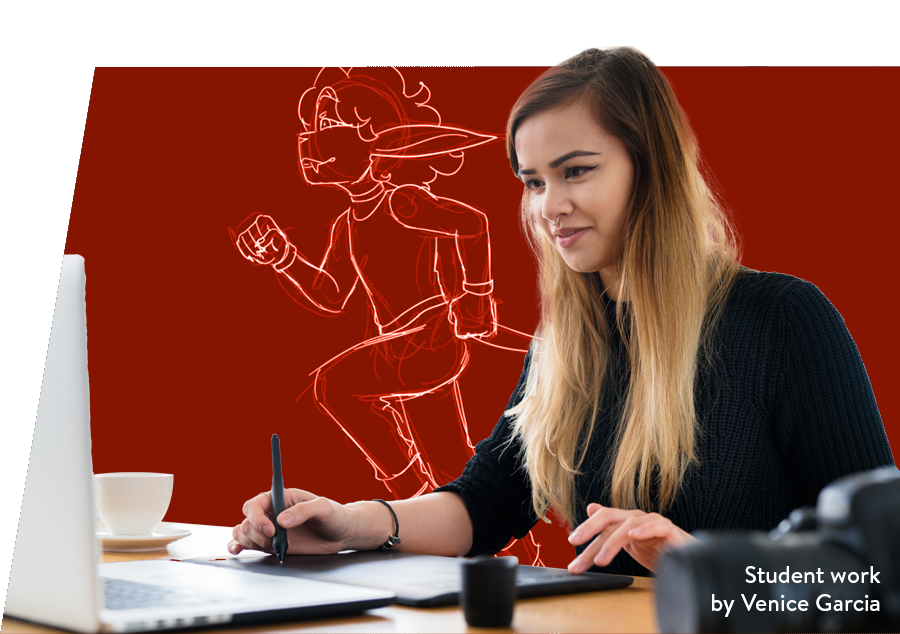
Animation Stories

Collaborating in Animation: How to Work Effectively With a Creative Team
Working in animation can be a highly rewarding experience — especially when you see your hard work reflected in a successful finished product. However, many of the greatest animation projects aren’t completed in solitude. Depending
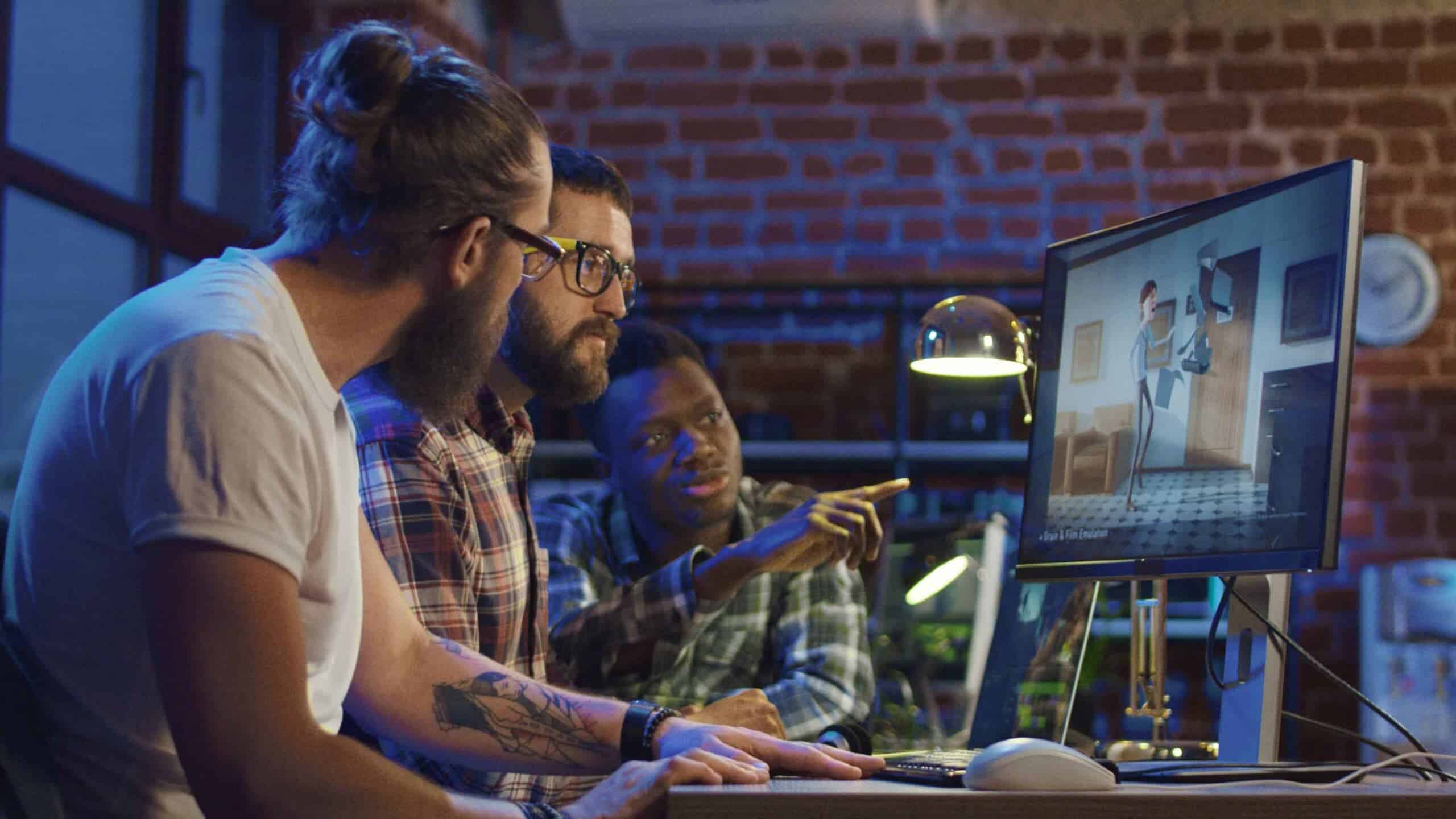
The Evolution of Animation Techniques: From Traditional to Digital
Tapping into both nostalgia and stylistic trends, animation forms the ultimate cultural currency. On the silver screen, in TV shows, video games and even marketing, animation inspires childlike wonder, helping us connect with dynamic characters
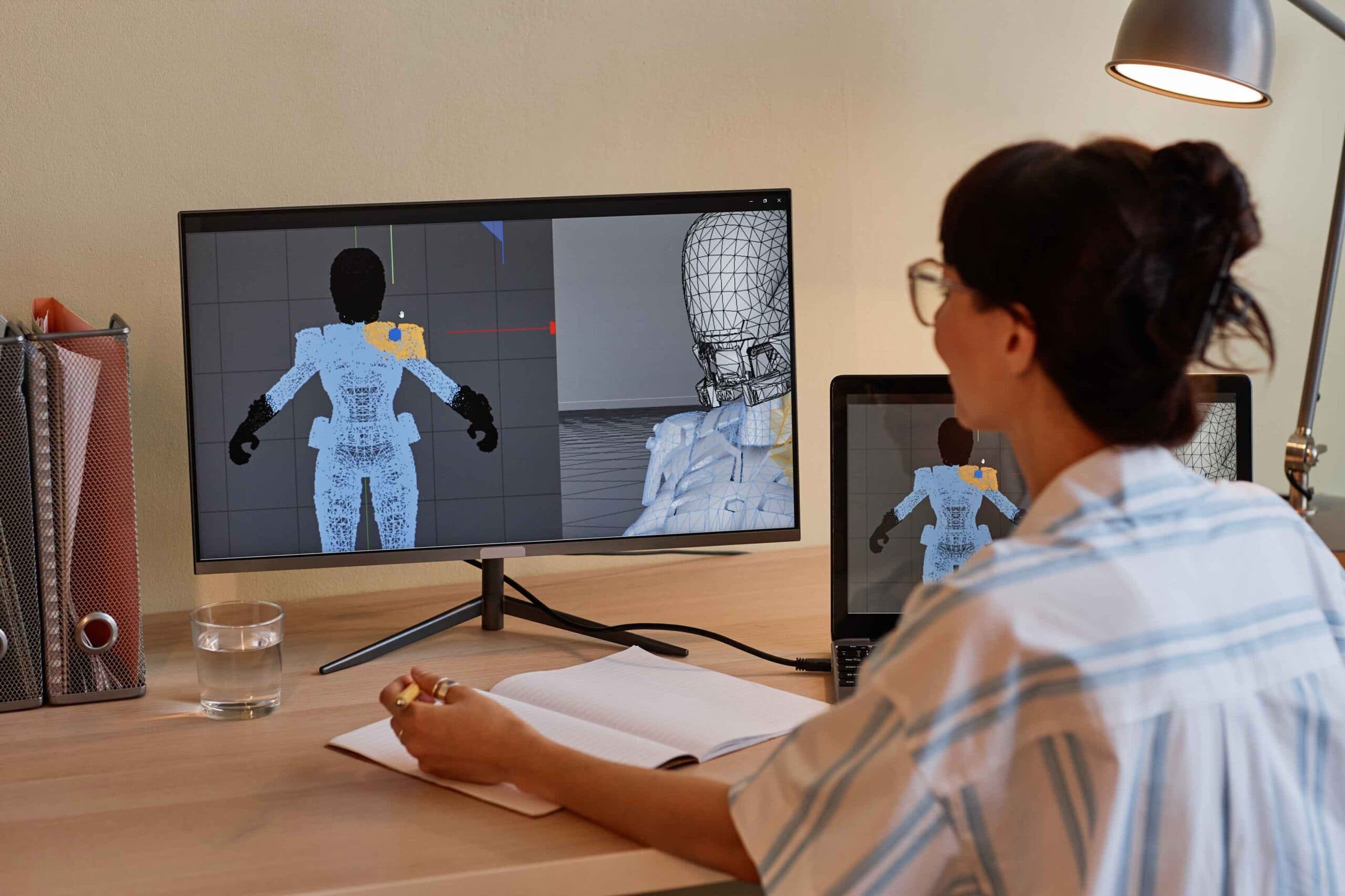
The Secrets Behind Character Design: Insights From Industry Leaders
Dynamic characters form the basis for every strong narrative. Developing powerful emotional connections with audiences, these characters draw individuals into stories and anchor them there, providing a sense of stability as the plot unfolds. Their
Animation CAREERS
Are you ready to become an animator? RMCAD’s Animation Degree helps equip you for success in the following roles.
Animator
An animator creates visual sequences that bring characters, objects, or scenes to life creating keyframes and in between frames using various techniques. Their work is typically seen in films, television shows, video games, advertisements, and digital platforms.
Lead Animator
A senior animator who will lead a team of animators. Their role is mentorship, as well as ensuring there is a standard of consistency and quality throughout the animation sequences.
In-Betweener
These roles are usually entry level positions, where you will flesh out the in-betweens of a lead animator’s scenes using their keyframes for reference.
Clean-Up Artist
This artist will refine the rough animation of the animators by adding in additional details. They will smooth out lines and correct inconsistencies in the animation.
Layout Artist
These artists will define camera angles, shots, staging and the composition of the scenes based on the provided storyboards
Storyboard Artist
A story artist plays a crucial role in shaping the visual narrative of animated films, TV shows, and other visual media by creating storyboards—visual representations of the script that map out each scene. These boards are then turned into animatics.
3D Artist
A 3D artist creates three-dimensional visual content for various media, including video games, films, animations, architecture, product design, and virtual reality.
Character Designer
These artists will design and develop the appearance of the characters in the animation, ensuring the character is built specifically for animation and the actions they need to preform, which will be found in the script.
Motion Graphics Artist
A motion graphics artist creates animated visual content that combines graphic design, animation, and cinematography to communicate messages or tell stories.
FREQUENTLY ASKED QUESTIONS
What is the focus of the Animation Degree Program at RMCAD?
The program emphasizes 2D and 3D animation skills, covering everything from motion studies, character design, storyboarding, animatics and final animation production, with a focus on industry trends and innovative tools.
What career opportunities are available for Animation graduates?
Graduates will acquire the knowledge and skills to start careers as animators, character designers and storyboard artists in various entertainment and media industries.
What skills will students learn in the Animation Program?
Students will learn character design, storyboarding, observational drawing, and animation fundamentals.
How does RMCAD support Animation students?
RMCAD offers small class sizes, tutoring, mentorship, industry-experienced instructors, and well-equipped facilities.
What are the admission requirements for the Animation Degree Program?
Applicants need a high school diploma or equivalent and completion of the college’s application process. To be considered for a scholarship, students will also need to create and submit a portfolio of artwork.
What kind of portfolio should students submit for the Animation Program application?
A portfolio showcasing your best work, including examples of motion studies, short scenes or films, character turnarounds, layout design and more.
What support services are available for Animation students?
All students receive software licensing, a LinkedIn Learning subscription, LMS access, electronic library resources, cybersecurity, mental health counseling, and tutoring services through their semester fees.
What software and tools are used in the Animation program?
Students use software such as Adobe Creative Suite, Autodesk Maya, Toon Boom Harmony and other industry-standard animation tools. For more information on program materials, visit here.
Can students visit the campus to learn more about the Animation program?
Yes, prospective students can schedule campus tours or attend info sessions to learn more about RMCAD and the animation program.
What are the Liberal Arts requirements in the Animation Program?
The curriculum includes courses that develop critical thinking, global consciousness, and information literacy.
What are the Foundations requirements in Animation Program?
Foundation courses enable students to refine essential skills, get comfortable with the tools they’ll use throughout their program, and study relevant basics— including drawing, composition and color theory. These courses facilitate ideation and collaboration.
Are there opportunities for animation students to showcase their work?
Yes, students can showcase their work through student exhibitions and events hosted by RMCAD.
What kind of student work is produced in the Animation Program?
Students create projects ranging from short animated films and scenes, character turnarounds, layout and production pieces, and storyboards and animatics.
What makes RMCAD's Animation Program unique?
The combination of traditional and cutting-edge animation techniques, individualized support, and a focus on visual storytelling and character development sets RMCAD’s program apart.
